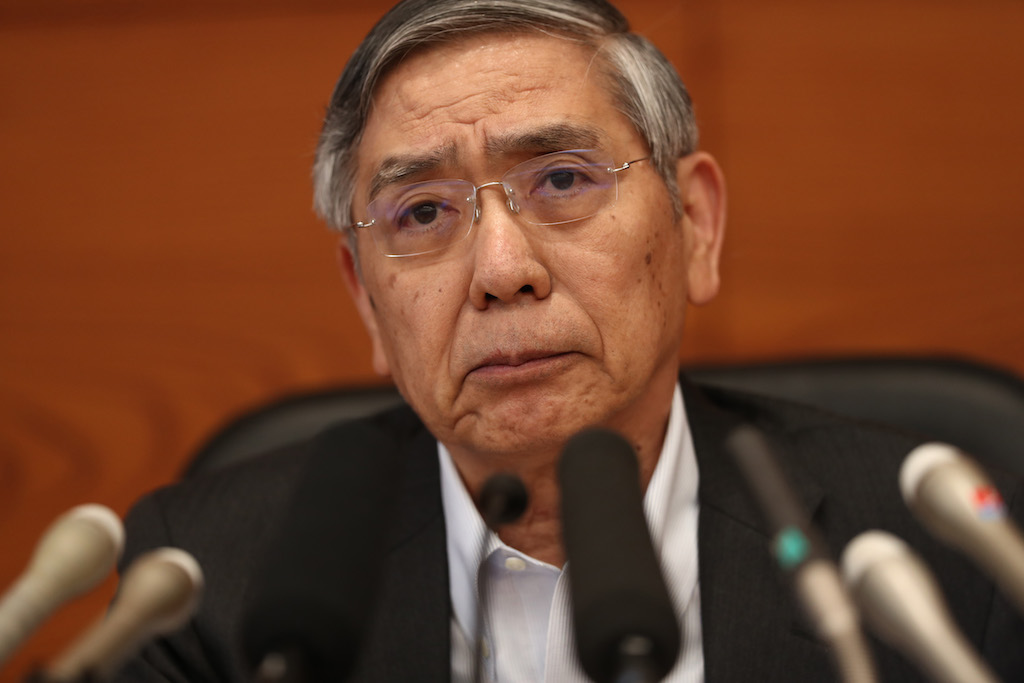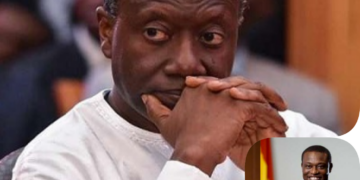The Bank of Japan will not raise interest rates “for quite a long time”, its chief said in an interview published on Saturday even as its US and European peers tighten monetary policy. Haruhiko Kuroda dismissed speculation that the central bank was planning to adjust its super-loose policy, aimed at keeping long-term interest rates around zero percent and short-term rates at minus 0.1 percent
Haruhiko Kuroda dismissed speculation that the central bank was planning to adjust its super-loose policy, aimed at keeping long-term interest rates around zero percent and short-term rates at minus 0.1 percent
“We don’t intend to raise them for quite a long time,” he told the mass-circulation Yomiuri newspaper.
The BoJ has struggled for years to reach the 2.0 percent inflation rate thought necessary to turbocharge Japan’s economy, and has defended its decision to maintain monetary easing even as other central banks tighten policy.
After its last policy meeting in July, the BoJ said it “intends to maintain the current extremely low levels of short-and long-term interest rates for an extended period of time.”
Kuroda told the Yomiuri that “an extended period” — a phrase borrowed from the US central bank — meant “quite a long time.”
“We don’t specify the period, such as whether it is one year, three years or five years,” he was quoted as saying.
“It’s a commitment that we will maintain the current low levels (of rates) as long as uncertainty lingers.”
His remarks are in sharp contrast to the direction the US and European central banks are taking. The US Federal Reserve is expected to raise interest rates twice more by the end of the year while the European Central Bank is exiting massive monetary easing.
Kuroda argued that the continuation of the BoJ’s easing policy would “naturally” lead to 2.0 percent inflation even if later than earlier thought, the Yomiuri said.
The prospect that Japanese interest rates will stay low for the foreseeable future should keep the yen low, but the currency has often rallied in recent times due to safe-haven buying in times of financial uncertainty.
Mostly recently the yen rose against other major currencies when the Turkish lira plunged due to Ankara’s frictions with Washington, rattling financial markets.






















































